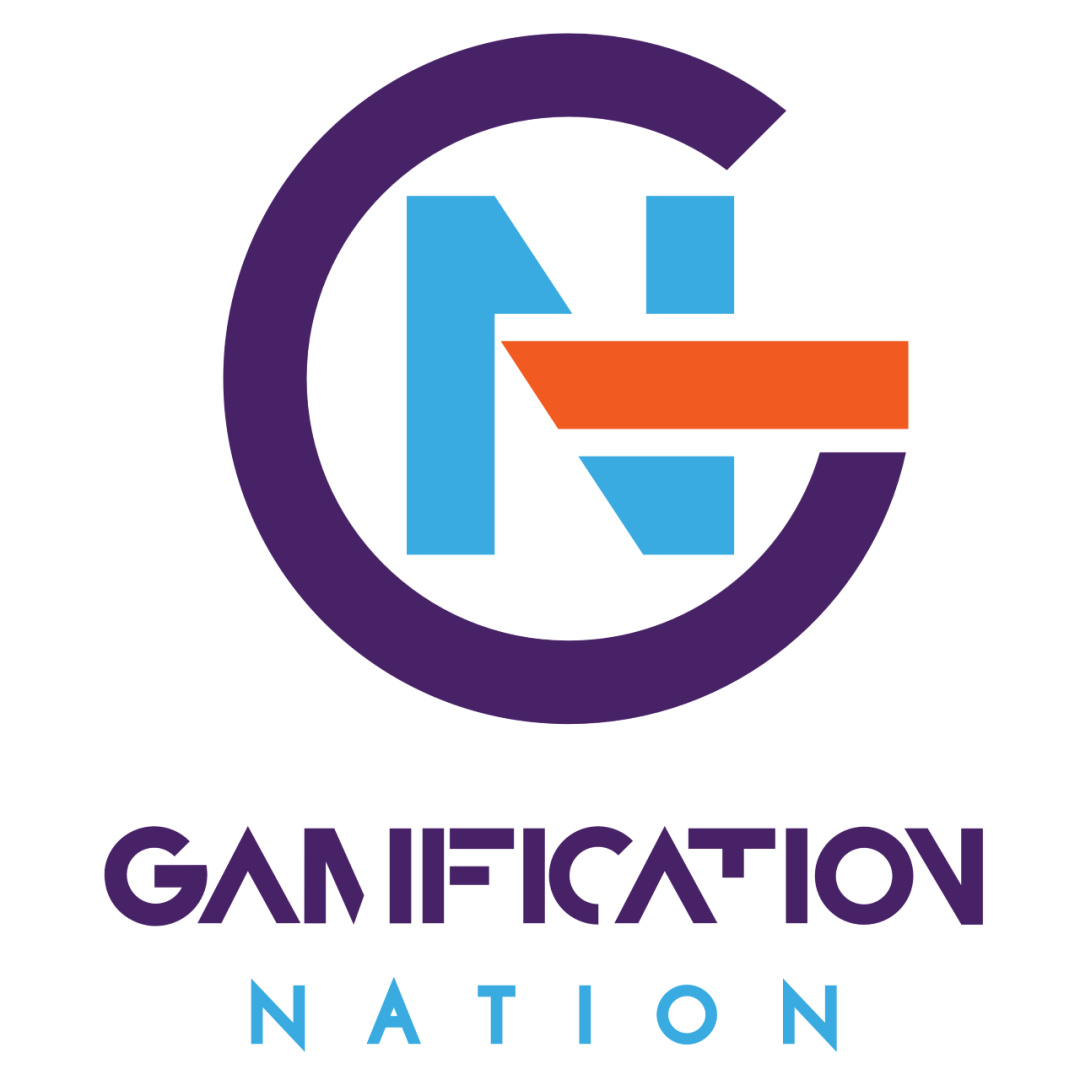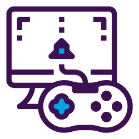Virtual currencies are made up money or token specific to your gamification or game. A virtual currency is often used to reward players and create an in-game economy. Typically, doing the work required to earn the currency is core to the game design and game play. It can often be used to make grinding (repetitive actions in a level) less painful or boring and more rewarding. Or it can be used to motivate additional spending in a game or unlocking of progression.
In an earlier blog I shared how hard it is to balance your gamification design, to make it motivational and engaging. Yesterday I received a newsletter from Gamesforum explaining how the EA game Star Wars Battlefront II is receiving some negative press from fans and critics around their use of virtual currency. A player would have to play around 40 hours to earn enough virtual currency to unlock some key heroes of the story such as Luke Skywalker. EA designers defended their original design that having to put in the hours also instils a sense of achievement or pride when the player earns enough to unlock the actual character.
The article explained that there had been a few key reasons why this had caused so much criticism. As a pay to play game, to then locking some of the key heroes away behind a minimum required grinding time or currency earning time was deemed a bit harsh. Paying customers expect to access some of the heroes in their gameplay from the start, whereas in free to play games this may actually be different. The second reason was that game blatantly favours extra spenders. Now, just yesterday I was having a discussion about using boosters, even the ones earned within a game, being considered cheating by some players. So having to spend both additional real money and in-game earned currency for these kind of players is like asking them to commit fraud. It basically meant that if you just bought the game and only played it the regular way without additional spending that you would fall behind other players who do spend more.
EA did adapt the game play in response to the fans and critics, which in all good game design is the case with iterations based on feedback. In a play test or pilot, you will discover some of the challenges with the design, but the true acid test is still presenting it to your ultimate target users.
I wanted to share the example, because it clearly illustrates that iterations are essential, and also that balancing your design isn’t as easy at is often looks or is experienced when we work with clients.
To make the analogy stronger to those of you that don’t game. Imagine a workplace where you consistently put in the effort and the hours and yet you never even get considered for promotion or additional tasks. Yet someone with more degrees or better connections can come in and climb the ladder much quicker than you do. How would the first person feel about this?
It is probably reality for a lot workers and games draw inspiration from life, which people like me then feed back into gamification designs for the workplace. Talk about a circular economy and using games to point out the wrongs with work and address them also at the same time. You may dismiss it, but there is great power in good game design even when it takes a few iterations to get it right.




